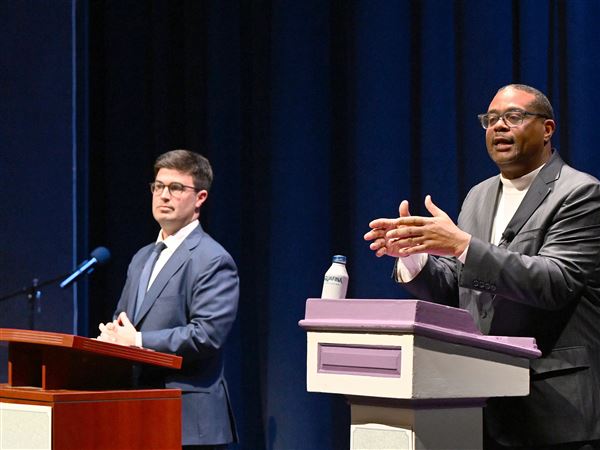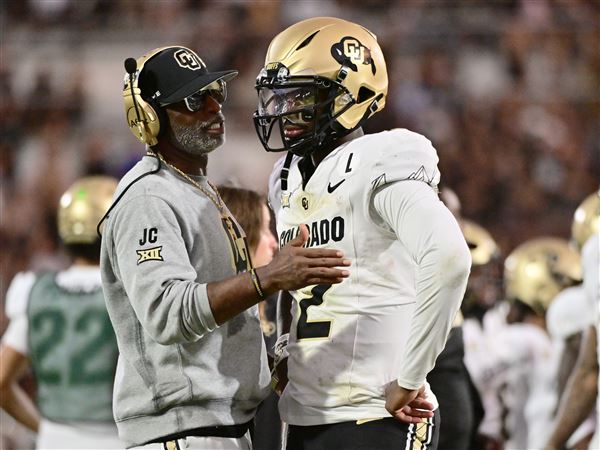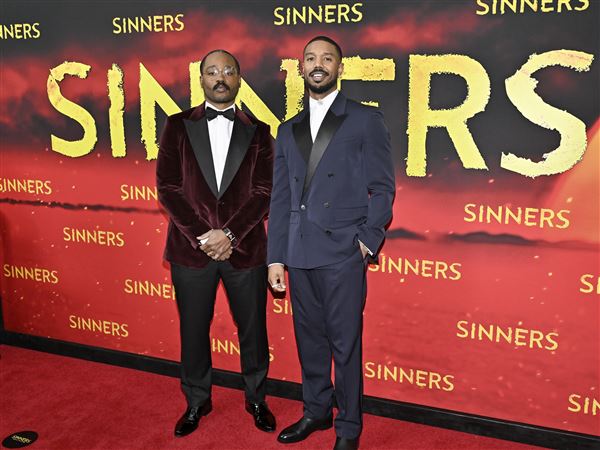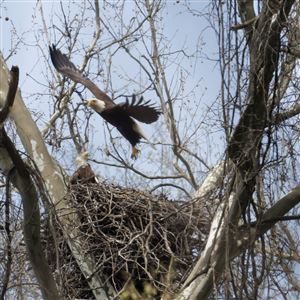As a little girl, Jill Horner had a holiday tradition of driving Downtown with her mother to see the Sugar Plum Fairy and toys come to life in a performance of "The Nutcracker."
It was something that she'd always wanted to share with her own daughter, 7-year-old Peyton. But nervous about how Peyton, who has Down syndrome, would react to hours in a dark theater with limited ability to take breaks, she'd been too nervous to try.
Clad in a sequined silver dress and sparkly lavender shoes, Peyton was in attendance Friday at the Benedum Theater for the nation's first "autism-sensitive" performance of "The Nutcracker" by a professional ballet company.
Her grandmother, mother, and 9-year-old brother Griffin were there, too -- along with about 800 other grateful members of Pittsburgh's disability community.
Accommodations included house lights dimmed only partway, muted booms in the Tchaikovsky score and quiet rooms where audience members could retreat from the show. Attendees could take their own food into the theater and could come and go from their seats as they pleased.
"I always wanted to take her, and this makes us feel a lot more comfortable," said Ms. Horner, who lives near Deep Creek Lake, Md., but is staying with her mother, June Bertani, in Greensburg for the holidays. "We can bring food in -- a bag of pretzels makes everything in life easier. And she has the freedom to move. She's able to get up and dance if she wants to."
"The Nutcracker" follows an autism-friendly performance of "The Lion King" from the Pittsburgh Cultural Trust at the Benedum in September, which nearly sold out.
The Pittsburgh Ballet Theater has been planning this production since January, complete with sensitivity classes for hundreds of people involved with the show.
"Autism really is overwiring of nerves in the brain," said Luciana Randall, executive director of Autism Connection of PA, who helped design the accommodations and train PBT staff and volunteers. "When you have too much stimulation from light, touch and sound, it can be overwhelming."
PBT recruited more than 100 volunteers for the performance and secured sponsors such as Pitt Ohio and Giant Eagle.
When presented with the proposal for the special performance, "it took me about 14 seconds to say yes," said Terrence Orr, PBT artistic director. "There's such a tradition around the holidays to be able to go and see 'The Nutcracker,' " he said. "To make it friendly for those families who wouldn't be able to come is just tremendous."
Adjustments to the performance itself were minor: the flashes in Uncle Drosselmeyer's magic tricks were removed and the rodents' eyes no longer glowed in the Rat King battle.
And so the children had many of the same reactions to any other of the thousands of children who saw "The Nutcracker" at the Benedum this season. They exclaimed, "How is that possible?" when Clara seemed to vanish into the background early in the show and gasped when the magic tricks made handkerchiefs fly and benches scoot across the stage.
But they also walked the aisles entering and exiting with fingers plugging their ears, clapped loudly during dance scenes and gestured wildly in their seats -- which nobody seemed to mind one bit.
Some families were thrilled to find that their children were comfortable enough in the performance that they could feel secure taking them to regular performances in the future. Others found themselves using amenities such as the "multisensory quiet area."
"Everyone is being so accommodating," Justin Hinder of Somerset said, praising in particular the patience of the Sugar Plum Fairy, who had her picture taken with many of the children. His 3-year-old son, Owen, who has a chromosome disorder, lasted about 20 minutes watching "The Nutcracker" and was enjoying the quiet area.
Across the lobby from the Sugar Plum Fairy photo station, 6-year-old Zoey Silinskas of Ross was strumming a demonstration cello.
Zoey was born at 24 weeks gestation, and doctors initially didn't think she would survive, said her mom, Cheryl Silinskas. For 3 1/2 years she had a tracheostomy tube and didn't speak until she was 4.
She isn't on the autism spectrum but has a sensory disorder, and previous attempts at taking her to the theater or concerts have resulted in her covering her ears and bolting from the theater.
"Once you're out, they don't let you back in," in a regular performance, said her mother. "You don't want to spend a lot of money on a performance you might not get to enjoy."
Ms. Silinskas had grown up going to see "The Nutcracker" with her high school best friend. That friend and her daughters drove from New York to see the show all together. And, helped by earplugs handed out by Nutcracker volunteers, Zoey did just fine.
"We were told she wouldn't be able to walk, talk, eat on her own, breathe on her own," said Ms. Silinskas. "To see her love music, have rhythm, to be able to enjoy something normal like this is just amazing."
First Published: December 28, 2013, 4:17 a.m.















